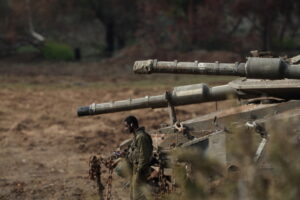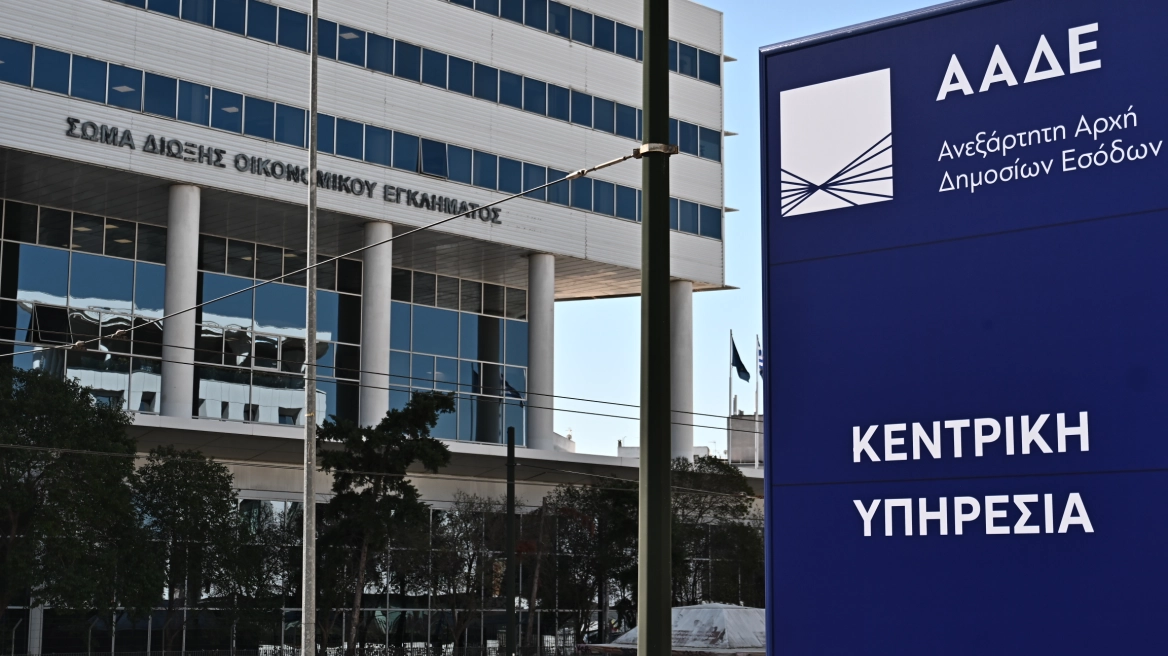Israel and Hezbollah exchanged accusations today regarding ceasefire violations, a day after it took effect, halting fighting in Lebanon after more than a year.
In the first attack since the ceasefire came into force early Wednesday morning, the Israeli army announced today that the Israeli Air Force targeted a facility in southern Lebanon used by Hezbollah for storing medium-range rockets. Earlier today, the Israeli army claimed the ceasefire was breached after suspects, some using vehicles, entered several areas in the southern zone.
Shiite movement MP Hassan Fadlallah, in turn, accused Israel of violating the agreement by opening fire on civilians returning to their villages along Lebanon’s southern border with Israel. “The Israeli army is attacking those returning to border villages,” he told reporters after a parliamentary session, adding that “there are violations today by Israel, even in this form.”
Israeli tank fire struck six areas within the border strip this morning, hitting Markaba, Wazzani, Kfarsouba, Khiam, Taybeh, and agricultural plains around Marjayoun, according to Lebanese state media and security sources.
All these areas lie within two kilometers of the Blue Line, which delineates the border between Lebanon and Israel. One security source reported that two people were injured in Markaba.
The Israeli army announced it was reimposing a curfew today from 5 PM to 7 AM for residents in southern Lebanon. “Movement south of the Litani River is strictly prohibited from 5:00 PM to 7:00 AM tomorrow, Friday,” said the Arabic-speaking Israeli military spokesperson Avichay Adraee, urging people south of the river to “stay where they are.” A similar curfew was issued yesterday.
Lebanese families displaced from their homes near the southern border attempted to return to check on their properties. However, Israeli soldiers remain deployed on Lebanese soil in towns along the border, and Reuters journalists reported hearing surveillance drones flying over areas in southern Lebanon.
There was no immediate comment on the tank fire from either Hezbollah or Israel.
Under the terms of the ceasefire, Israeli forces may take up to 60 days to withdraw from southern Lebanon, but the agreement stipulates that neither side is allowed to launch offensive operations.
Israeli Prime Minister Benjamin Netanyahu stated that he had instructed the military not to allow residents to return to Lebanese villages near the border.
Lebanese Parliament Speaker Nabih Berri, Lebanon’s lead negotiator in the agreement, stated yesterday that residents could return to their homes, which they had abandoned due to the war between Israel and Hezbollah.
Ask me anything
Explore related questions





